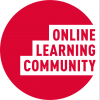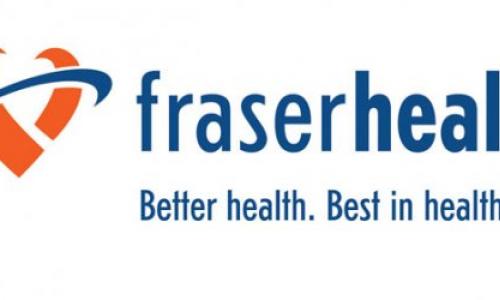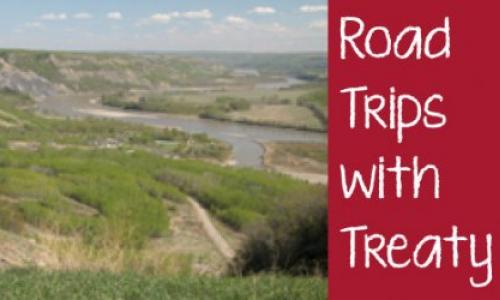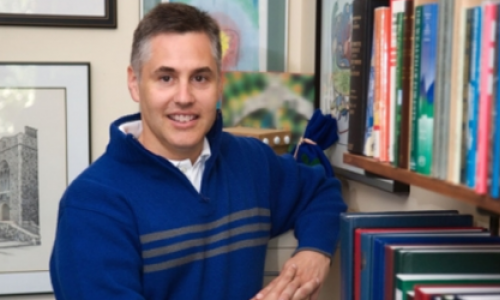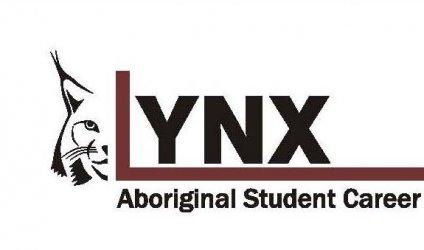
The LYNX Aboriginal Student Career & Employment Program provides an opportunity for Aboriginal Students from various universities in Western Canada to connect directly with potential employers.
The LYNX Program also allows potential employers seeking to hire Aboriginal students to post available employment positions, view profiles, and share information about their organizations.
This program is an interactive high-tech human resource service focused on Aboriginal university students looking for professional employment opportunities and Employers seeking to recruit Aboriginal students / employees. We strongly encourage students to visit our website in order to upload resumes and participate in internships, co-operative opportunities, summer employment and full-time employment. Visit the website and learn more.
Program History
The LYNX: Aboriginal Student Career and Employment Program was first conceptualized in 2002 in response to an increased volume in Aboriginal student and graduate recruitment activity from various companies. The program creation was driven by the corporate sector seeking direct contact with Aboriginal students in order to meet diverse recruitment and Aboriginal relations strategies.
An initial consultation with industry was held in 2003 with BP Canada, Husky Energy, Petro-Canada, Nexen, Bank of Montreal, Shell Canada Ltd., and TransCanada PipeLines and netted these recommendations:
-
Seek additional partnerships with other universities to broaden the Aboriginal student pool
-
Request a three-year sponsorship commitment to allow the program to evolve & grow
-
Establish an advisory committee that includes sponsor representatives to provide ongoing evaluative feedback and guidance.
Program Launch
The LYNX: Aboriginal Student Career and Employment Program was officially launched in October 2008 with ten corporate sponsors and nine collaborative post-secondary partners. Our current partners are:
LYNX Corporate Sponsors
-
Alberta Health Services
-
BMO Financial Group
-
BP Canada
-
Cenovus Energy
-
Encana
-
Halliburton
-
Schlumberger
-
Shell Canada
-
Suncor Energy
-
TransCanada Pipelines
LYNX Collaborative Post-Secondary Partners
-
First Nations University of Canada
-
Mount Royal University
-
SAIT
-
University of Alberta
-
University of British Columbia
-
University of Calgary
-
University of Northern British Columbia
-
University of Manitoba
-
University of Regina
-
University of Saskatchewan
-
University of Winnipeg
-
Vancouver Island University
Program Description
The LYNX: Aboriginal Student Career and Employment Program provides an opportunity for Aboriginal Students and recent graduates from various universities and Technical Institutes in Canada to connect directly with potential employers who are seeking to recruit qualified Aboriginal employees for internships, Co-ops, Summer Employment and Full-time positions.
The LYNX Program provides an inter-active online employment service called the “LYNX Virtual Career Centre”. This interactive environment serves Aboriginal students from post-secondary institutions in Canada. Through the interactive technology of the LYNX Virtual Career Centre, Aboriginal Students and Graduates are able to search and apply to job postings, receive updates on employment trends, use OptimalResume to create quality résumes, obtain insight into Sponsor employment opportunities through Aboriginal Employee Profiles and through direct links to Sponsor websites.
Sponsors, showcased on the LYNX website, can post positions for free, receive updates on Aboriginal Employment trends and events, partner with LYNX on Employment related events, provide a profile of their company, browse student profiles, connect with Native Student Centres at partner institutions, send messages to students through LYNX job search, and promote their work environment by uploading profiles of Aboriginal employees associated with their organizations.
Follow the link to view the Fall 2012 LYNX newsletter.








